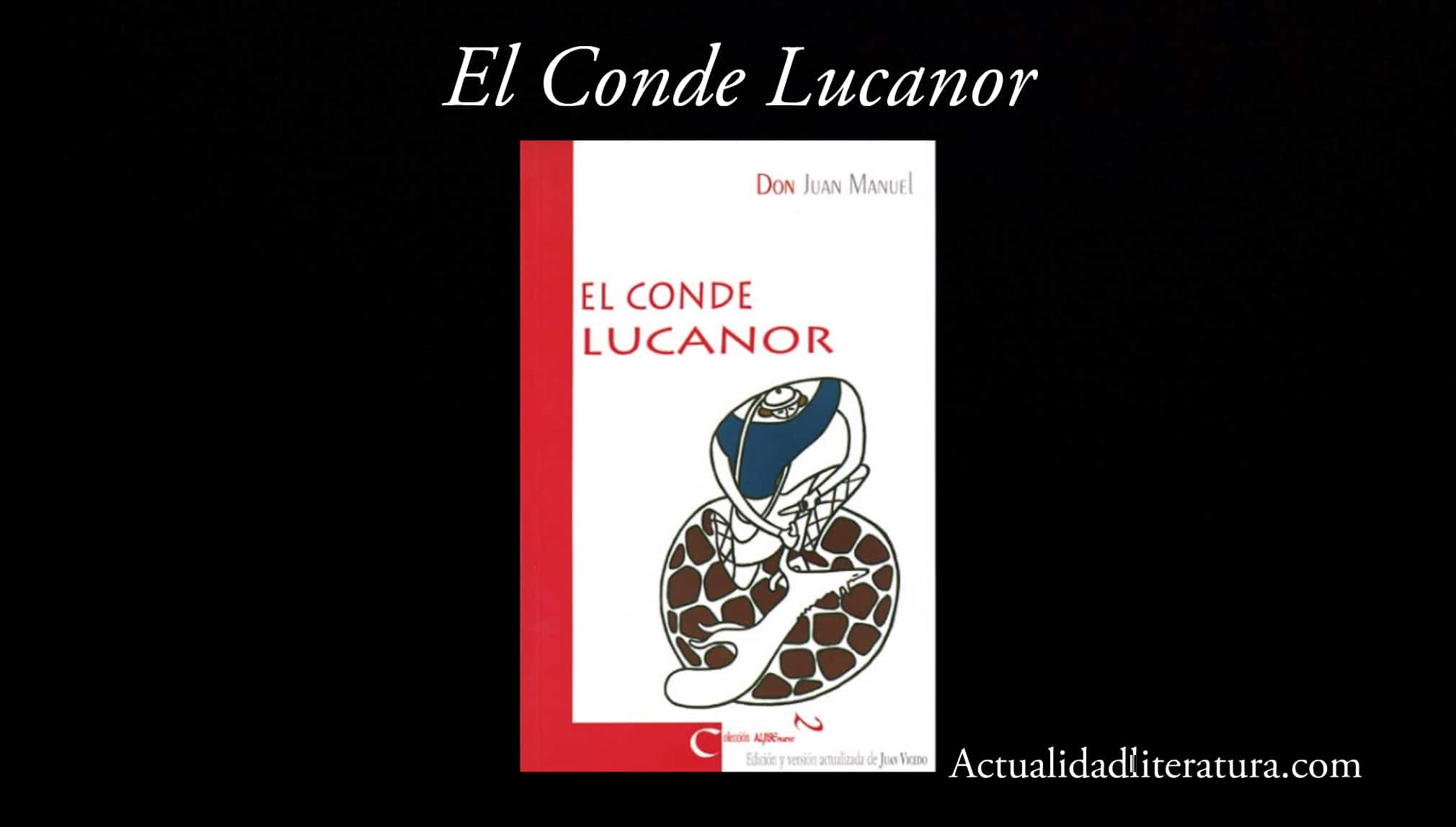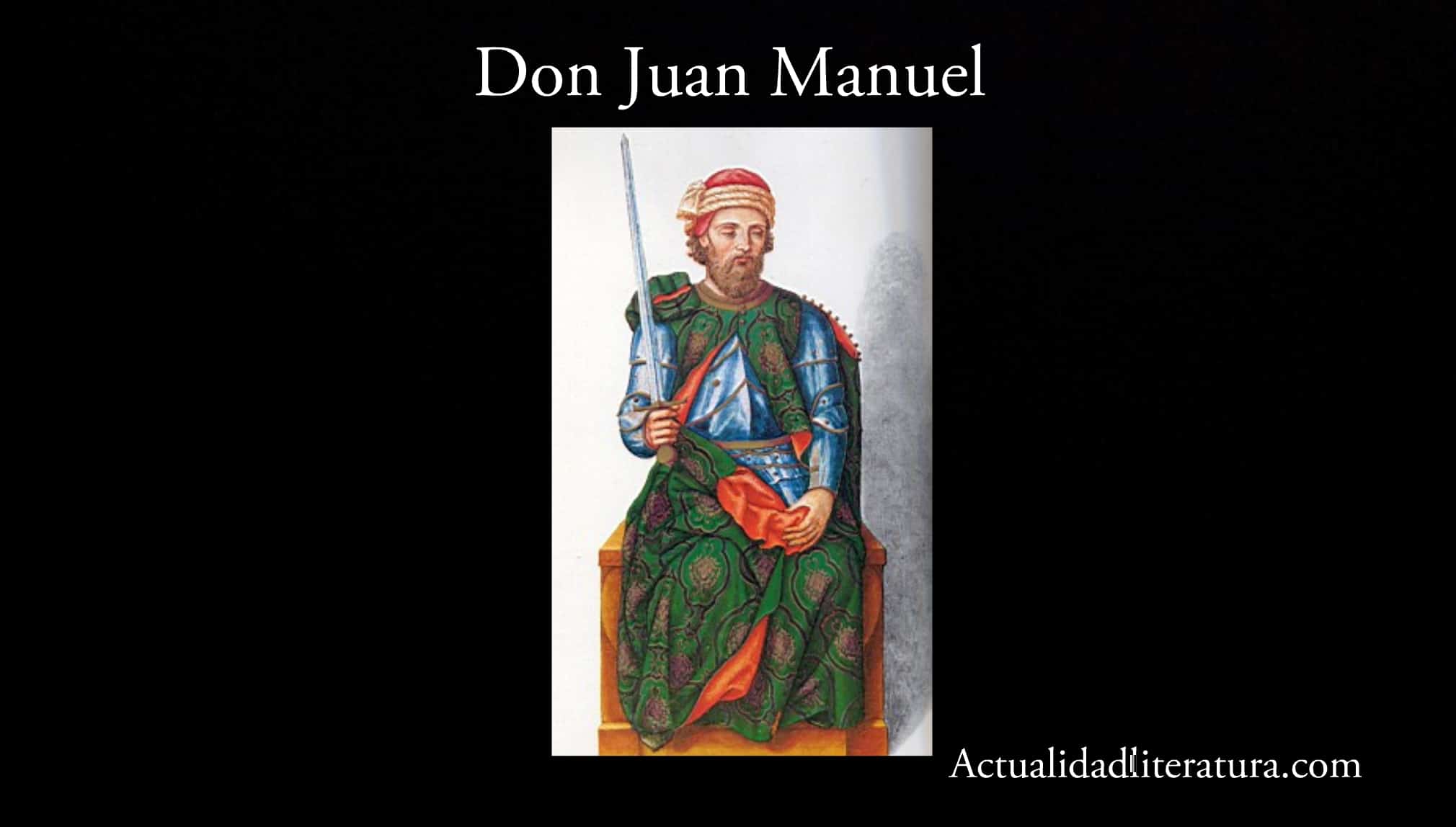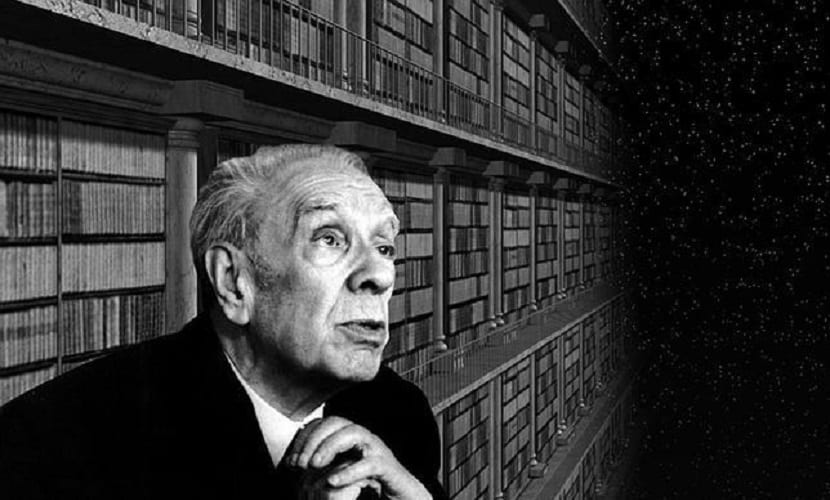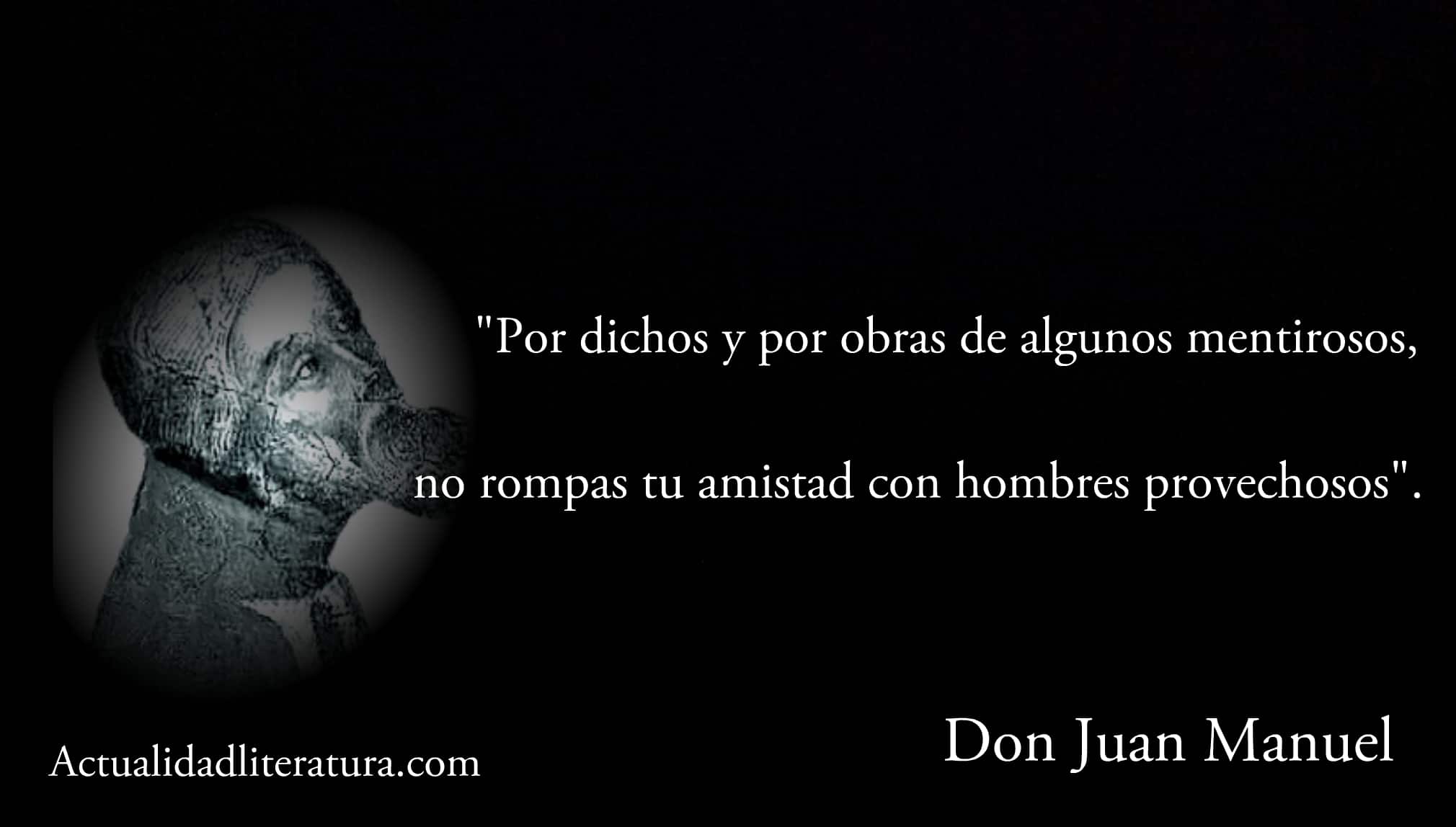
Count Lucanor.
Count Lucanor is one of the most significant narrative works of medieval literature, created by Don Juan Manuel between 1331 and 1335. The complete text consists of five parts, although the most celebrated and disseminated is the last one (composed of 51 exemplas). The content of this faithfully reflects the most important literary intention during this time: the moralizing essence.
Likewise, Count Lucanor It is one of the first great pieces in Spanish —with a reliable written record— belonging to the period that marked "the beginning of the end" of Latin as a language of widespread use. According to historians, the author completed this story in one of the many fortresses under his control: the Castillo de Molina Seca (Murcia).
The author of Count Lucanor
The infant Don Juan Manuel was one of the most powerful characters of the Kingdom of Castile during the first half of the XNUMXth century.. In fact, he brought together a huge number of noble titles throughout his life. Consequently, it was a truly "illustrious" work (given the aristocratic position of the author) for its time.
It could not be otherwise due to their ancestors, well King Alfonso X, "the wise man", was his uncle. As well as Fernando III, "the saint", his grandfather, (both from his paternal family). The writer was orphaned at the age of eight, for this reason King Sancho IV of Castile became his legal guardian.
The list of noble titles
Apart from being an infant, Don Juan Manuel coined innumerable royal distinctions. Some of them inherited thanks to his lineage, others were granted to him as thanks for the work carried out or as part of political negotiations. The list of titles is headed by Príncipe and Duque de Villena (the first person to receive it) and Señor de Escalona, Peñafiel and Elche, among other towns.
In the prime of his life, he became one of the most powerful men in the entire Iberian Peninsula. He came to have an army of up to a thousand knights! Who responded exclusively to his orders. He even put his own currency into circulation for a few years (a custom reserved for monarchs; he was an exception).
A dangerous man
The figure of Don Juan Manuel exerted so much influence that the kings Ferdinand IV and Alfonso XI they considered order his murder (each at different times). However, they gave up their plans by foreseeing the very probable instability caused after the death of this character.
An unworthy nobleman?
As a member of the highest of the nobility, many frowned upon the fact of his dedication to writing. Because this office was qualified as "unworthy" for a noble, rather reserved for people from the lower strata. In any case, Don Juan Manuel ignored these disparaging opinions.
Even the infant came to recognize that the act of writing brought him pleasure and joy. To such an extent that - once he retired from politics and power games - his last years were dedicated exclusively to cultivating his art. Truth be told, the lyrics were a real source of pride for him.
Greek style author

Don Juan Manuel.
All of the above was extremely atypical. Furthermore, "author consciousness" practically did not exist in the medieval period. Back then those who wrote were limited to being mere transcriptionists whose only licenses were to "embellish" the stories taken from oral tradition.
However, Don Juan Manuel made sure to keep his writings out of the hands of these "transcribers". Many of his works (among them, Count Lucanor) remained hidden for centuries in the convent of San Pablo de Peñafiel.
Count Lucanor, a work with its own style
You can buy the book here: Count Lucanor
Don Juan Manuel was also known as the "noble warrior", because on several occasions he led his army on the battlefield, always winning. In consecuense, military experiences helped him solidify a rather unique literary style.
Despite the obligatory nature of the moralizing character as the axis of all his works, the primary intention of Count Lucanor it was a little different. Actually, its purpose was to address the higher strata of society ... to the nobility and enlightened people.
From the abstract to the concrete
This particular search allowed him to develop a narrative capable of dispensing with abstract elements to focus on concrete facts. Equally, their main goal was to convey the greatest number of concepts, using the least amount of words. For this reason, some historians define him as a "conceptist" far ahead of his time.
Count Lucanor, a clear example of Wisdom Literature
Surely, the point “exploited” fully and with the author's knowledge of the facts, is the concept of Wisdom Literature. In essence, It constitutes a series of short books with forceful sentences, always of a moralizing nature. Additionally, the origin of their arguments goes back to sages of Ancient Greece.

Count Lucanor It points in the same direction, although the genesis of the stories is of variable origin. In this sense, Don Juan Manuel took his personal experiences at the political level and on battlefields. Similarly, it was based on conversations of various kinds. From his with other members of the nobility and encounters with kings, to the anecdotes of his servants.
Macho spirit
The prevailing spirit of this era is clearly reflected in each of the morals present in the small exemplas. These are sentences such as "in certain realities you can trust yourself, more than fantasies you should move away". "Above all, you will love true treasure, you will despise, finally, perishable good." "The one your enemy used to be in nothing and you should never believe."
When reviewing with "eyes millennials"The whole of the work, the adjective" macho "jumps out. One of these fables is summarized with the following axiom: "From the beginning, a man must teach his wife how to behave." In any case (to be fair to an author) it is necessary to analyze the author's thinking within its context, of course, without hiding certain facts.
A "movie" character

Quote by Don Juan Manuel.
The Middle Ages is one of the most controversial periods in human history. In particular, the political games that took place in the territories now occupied by Spain and Portugal were true Machiavellian plots. For this reason, Don Juan Manuel is a character worthy of a fiction at the height of his legacy.
What implications would it have for a "noble knight" to lock himself in a fortress and exile himself from the world to devote himself to writing? Of course, his work is highly appreciated today, the subject of countless analyzes and studies. How will his contemporaries (Kings, Counts and Lords) have received the "sermons" of Count Lucanor?… Only to them were his teachings directed.